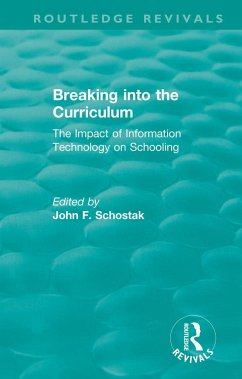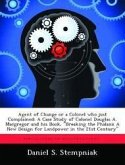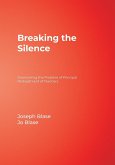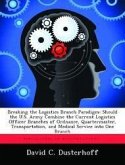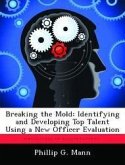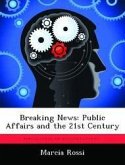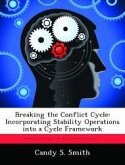Information technology is here to stay. Its impact has already been far-reaching: in business, in communications, and in leisure activities it has been responsible for replacing human action by that of machines. As such it raised questions about freedom and the meaning of work and human activity which could no longer be ignored by those working in education. The educational response to information technology must ensure that human activities are enhanced rather than enslaved by computers. Originally published in 1988 Breaking into the Curriculum provides one such response. A range of curricular structures and teacher roles are examined for their potential for preserving freedom in a future that was already being formed and informed by electronic systems. Drawing on case studies of pupils and teachers from throughout their school career, the authors of this collection sought to provoke discussion on the true ends of education and the kinds of strategies that would best realise those ends. Information technology, it is argued, is already shaping our thinking concerning the schooling of children. As such it can either create an electronically-controlled environment, or it can provide the stimulus for imaginative, playful, and creative thought and the development of 'intelligence' in its broadest sense. The choice is ours: the authors of this collection seek to inform that choice. Today it can be read in its historical context.
Hinweis: Dieser Artikel kann nur an eine deutsche Lieferadresse ausgeliefert werden.
Hinweis: Dieser Artikel kann nur an eine deutsche Lieferadresse ausgeliefert werden.

